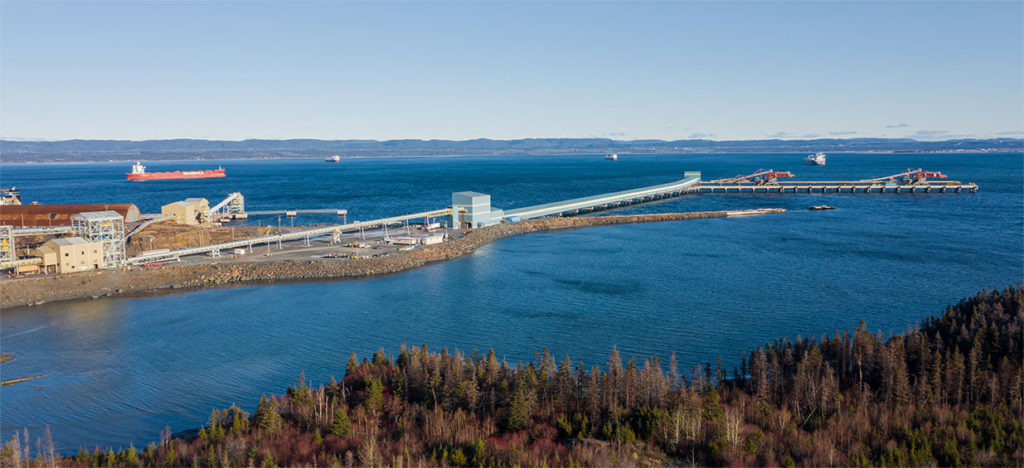
It is expected to require significant investments prior to re-commissioning, including structural work, rehabilitation and enhancement of existing equipment, to maximize productivity and energy efficiencies while minimizing its environmental impact, the company added.
Per the terms of the agreement, Champion will make a cash payment of C$2.5 million to Société Ferroviaire et Portuaire de Pointe-Noire S.E.C. (SFPPN). On top of the cash consideration, the SFPPN and the region also stand to receive additional economic benefits as Champion considers re-commissioning the pellet plant.
Additionally, Champion has signed a memorandum of understanding (MOU) with a major international steelmaker to to evaluate the re-commissioning of the pellet plant and produce direct reduction grade pellets.
The MOU sets out a framework for Champion and its partner to complete a feasibility study (FS), which is expected to be completed in 2023. Subject to positive findings, the MOU outlines a framework for a joint venture to produce direct reduction grade iron ore pellets for sale to third parties, including the partnering steelmaker.
Champion is required to comply with various undertakings in connection with the pellet plant, including a commitment to design and operate the project using exclusively green energy sources including electricity, natural gas, biofuels or renewable energy as main power sources. The FS will evaluate the investments required to re-commission the pellet plant while integrating up to date pelletizing and processing technologies.
“The proposed acquisition of the Pellet Plant represents a strategic opportunity for our company to further deploy its vision to contribute to the green steelmaking supply chain,” Champion’s CEO David Cataford said in a news release. “Our local support, high-purity iron ore products, access to world class infrastructure and operational track record, enabled us to attract a major international steel producer for a potentially significant large-scale project in Québec.”
Earlier this month, the company made its first shipment of high-grade iron concentrate from the expanded Bloom Lake mine in Quebec. The shipment was made via a railway between the Bloom Lake complex, located approximately 13 km north of Fermont, and the deepwater port in Sept-Îles.




